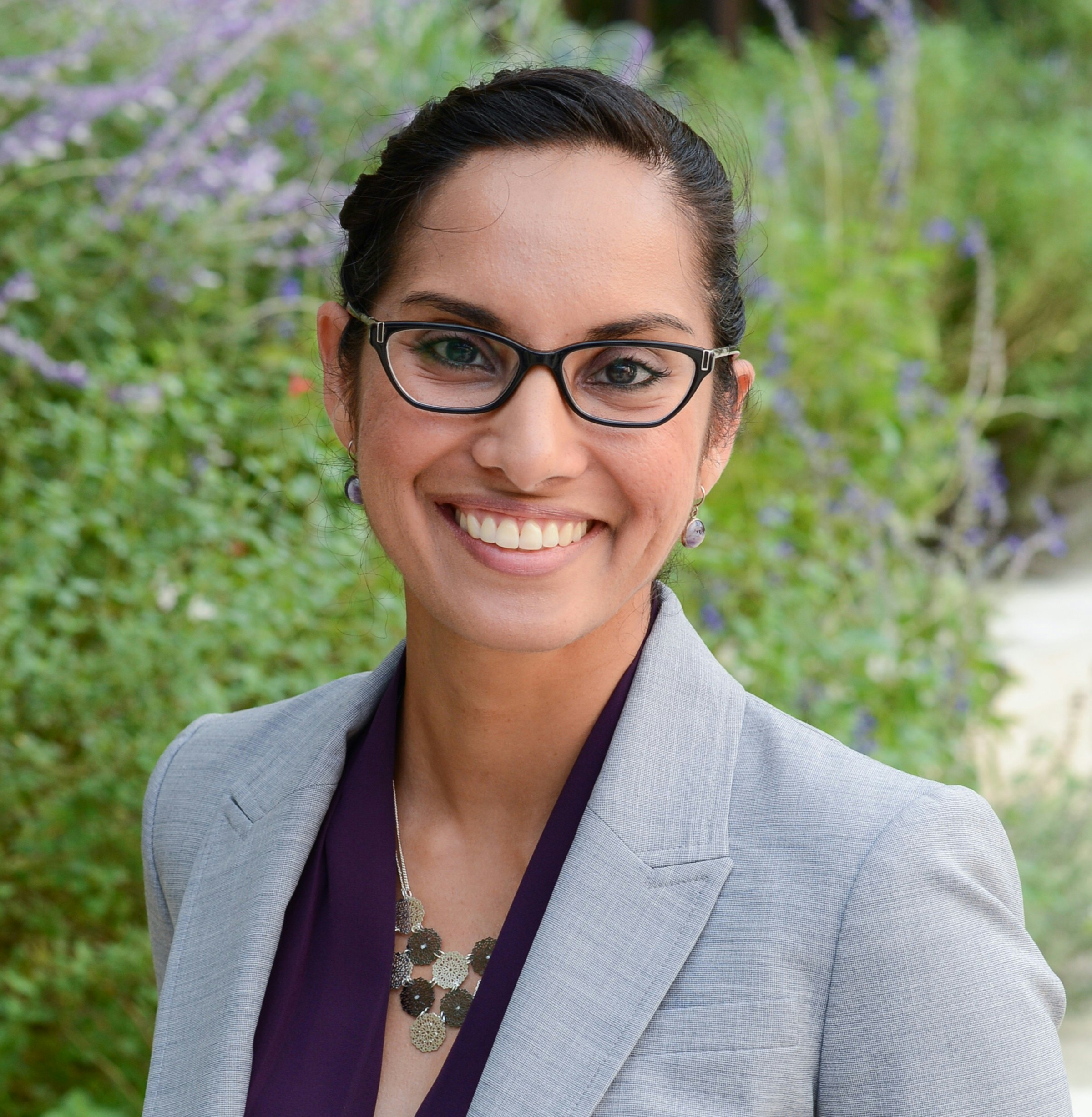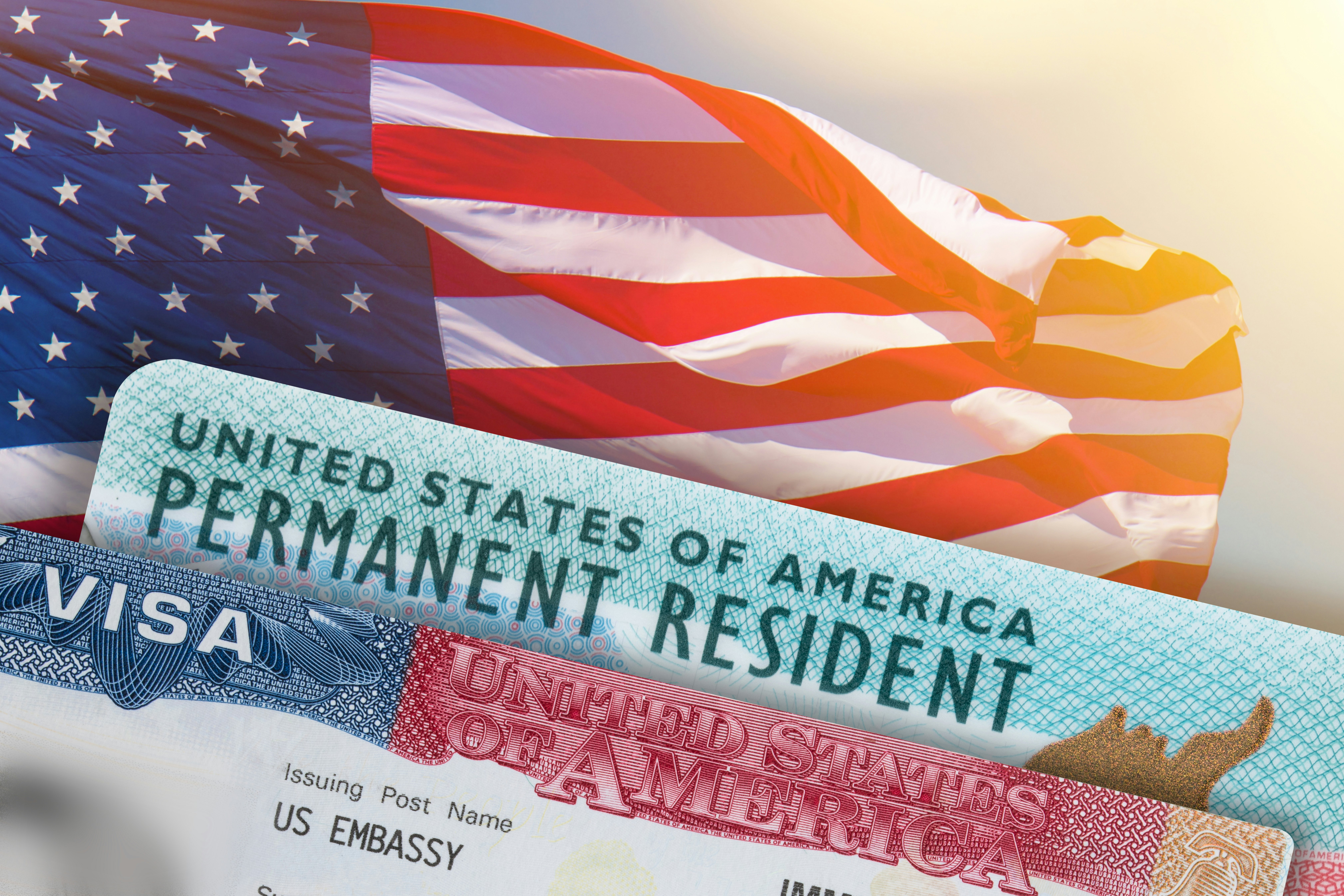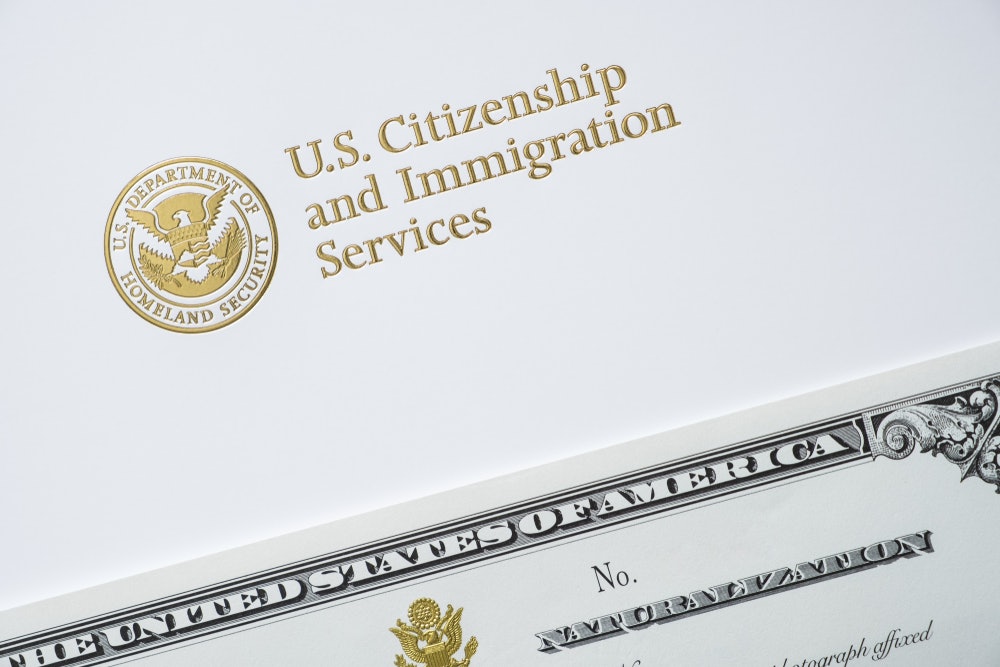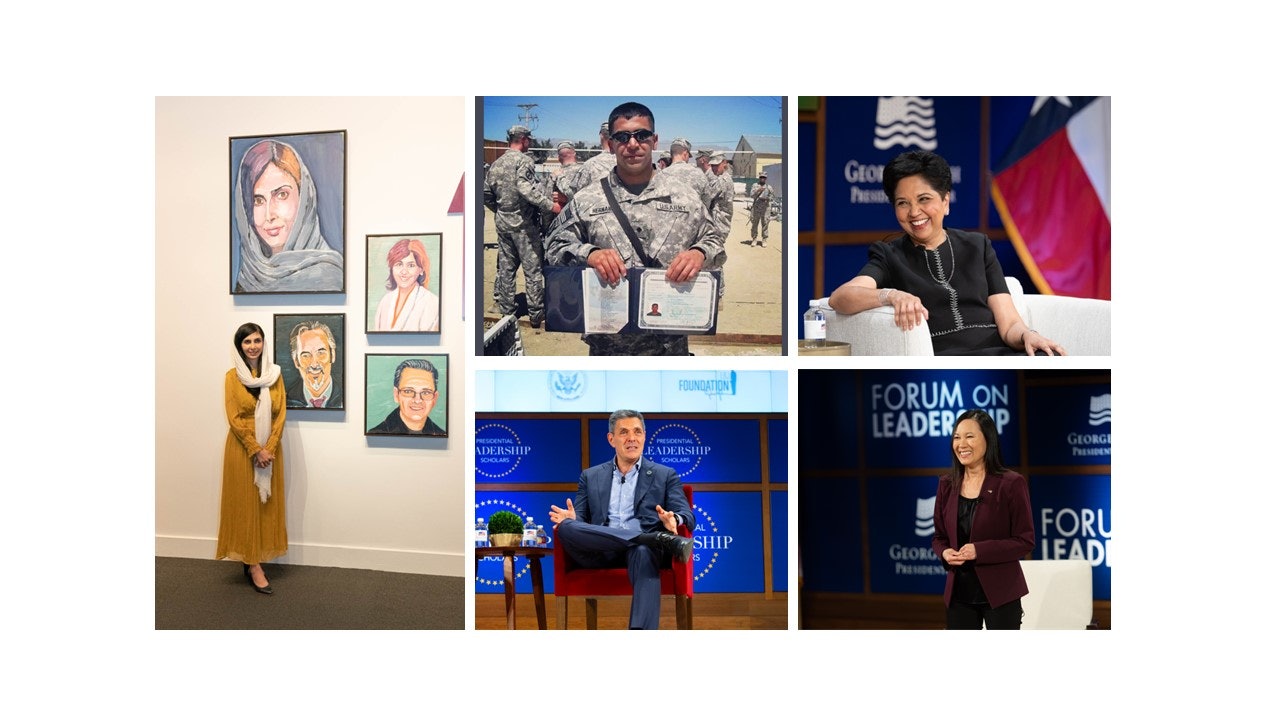The Bush Institute's Farhat Popal and her family fled war-torn Afghanistan in the 1980s. Their lives were turned upside-down, but found a new start in the United States.
Stories from American Immigrants
This story is a part of the Bush Institute’s Stories from American Immigrants series that looks at different ways immigrants contribute to the U.S. and its economy.
Read the report
More Stories
Juan Carlos Hernandez: Protecting America while Becoming “American”
Anna Grenda: Sewing an American Dream
Tulip Nandu: From India to Indiana to Dallas in Pursuit of Higher Education
I was three weeks old when we left Afghanistan, and yet I carry my family’s history with me as if I lived there for the many decades they did.
They lived a comfortable and love-filled existence in the capital, Kabul, filled with Friday picnics, movies with friends, trips to the countryside to visit relatives, and a myriad of everyday things that made life beautiful. My grandfather was a businessman and my grandmother ruled the household, both doing everything they could and more for their children.
When the Soviet Union invaded in 1979, my family knew that existence was over. They fled a few years later, during the heart of the war that saw 2 million Afghan civilians die over the course of 10 years. They lost their home, their livelihoods, precious photos, the family dog, and countless more. My aunt still has shrapnel in her back caused by a bomb that went off as she was waiting at a bus stop.
This is what being an immigrant is, carrying these stories – both good and bad – with you as you continue on your own journey through life. Being a hyphenated American can be difficult. Yes, I had to navigate two cultures on a daily basis; yes, I had to figure out SATs and college applications on my own; yes, I often felt I had to work harder than others to succeed. But I had the fortune to grow up here, with all the resulting opportunities that entailed – I just had to reach for them. For those who immigrate at an older age, sometimes those opportunities are severely limited, and the emotional cost of losing one’s livelihood takes an immense toll.
My mother was in her 40s when she came to the United States. A college-educated woman, she was a reporter and the editor of a children’s magazine in Afghanistan. Her siblings were no less accomplished: a geologist, a math and science teacher, an engineer, a gym teacher and coach, a soldier, a high school senior preparing to study medicine. But when my mother left everything behind in the midst of war, she also left that profession behind, as did the majority of her brothers and sisters. She has worked two jobs for as long as I can remember, never complaining and always grateful. She is the most courageous person I know, and despite all that she has been through in life, the most loving and kind person I know.
At its core this story is not about me, but about my family, the generation that sacrificed itself for the sake of its children. I believe honoring their sacrifice and their history is the most powerful immigrant story I can tell.
We became American citizens in 2004, twelve years after we moved to the United States. Despite the complexity of the process, the early morning trips to the immigration office, and the length of time it all took—caused by relocation and a mix-up in paperwork—we were grateful. We were grateful because we felt like we had a place here, as if Americans all over the country had saved us a spot at the table. To me, being an American means saving others a spot at the table, those who may be fleeing war and conflict like my family did, poverty and economic marginalization, political or religious persecution, or any other number of reasons why a person or family would migrate from one country to another.






























